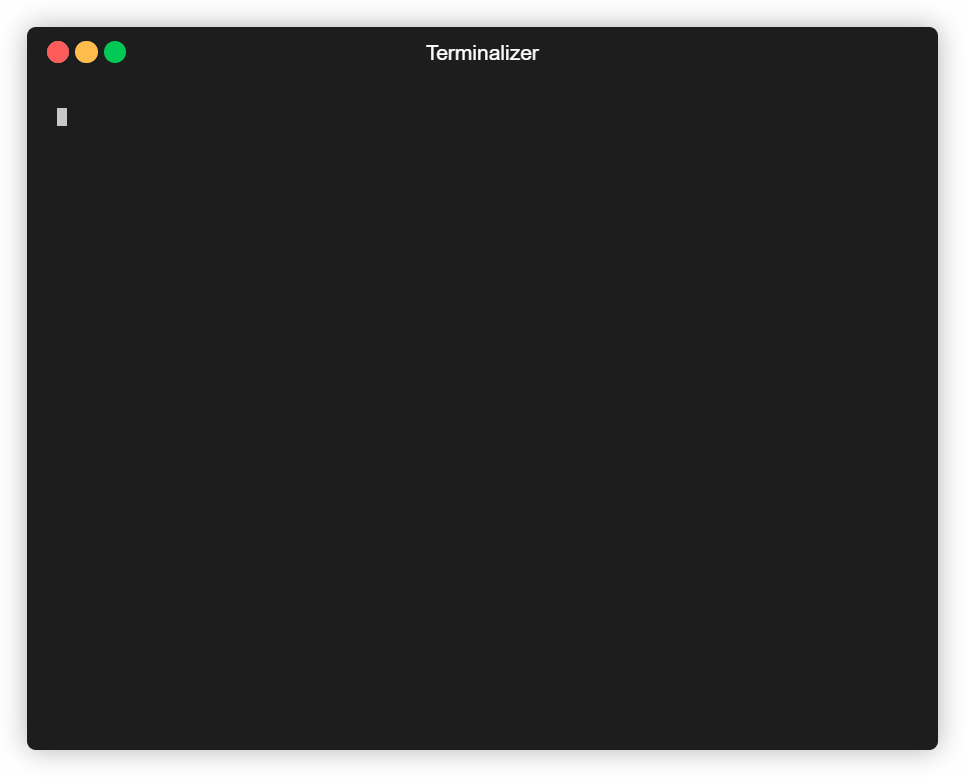RosaeNLG node.js project generator
Use yeoman along with RosaeNLG generator to bootstrap automatically a new standard node.js RosaeNLG project.
It follows (my) best practices so that you can quickly start your own RosaeNLG project.
It is based on the content of the English tutorial.
Generate a project
-
install yeoman:
npm install -g yo -
install RosaeNLG generator for yeoman: run
npm install -g generator-rosaenlg -
create a folder to will contain your project, and go in that folder
-
run
yo rosaenlg
This will create a blank standard RosaeNLG projet. If you have existing templates in json file, use unpack option: e.g. yo rosaenlg --unpack chanson.json.

Generating texts
First create a dist folder.
Then just use gulp texts to generate the texts in dist folder.
Data load and pre processing
At some point you have to load into data and also pre process it. You can use init.js for that.
Templates organisation
One possible organization for your templates:
-
phoneForHtml.pugandphoneForJson.pugare technical entrypoints: they are almost the same, and mainly call thephonemixin -
includes.pugcentralizes all your includes: this is handy when you refactor -
phones.pugis the real entrypoint for NLG: it generates the text for a phone -
phone_refexpr.pugcontains the reference and referring expressions for phones. Create one file per object you describe (car_refexpr.pug) etc. -
sentences (most of the textual content) are in
sentences:-
one file per sentence:
colors.puggenerates the sentence about the colors,intro.pugis the introduction sentence etc. -
If you have longer sentences and paragraphs you should create a more sophisticated hierarchy, but I recommend to keep 1 file per sentence.
-
Testing
You should (really) have some regression testing on your texts. It just compares texts with reference texts previously generated.
-
Use
gulp nonregto regenerate the reference file intests/phonesNonreg.json. It contains texts along with the random seed (the same random seed has to be used when running the tests). -
Run the tests using
npm run testormocha